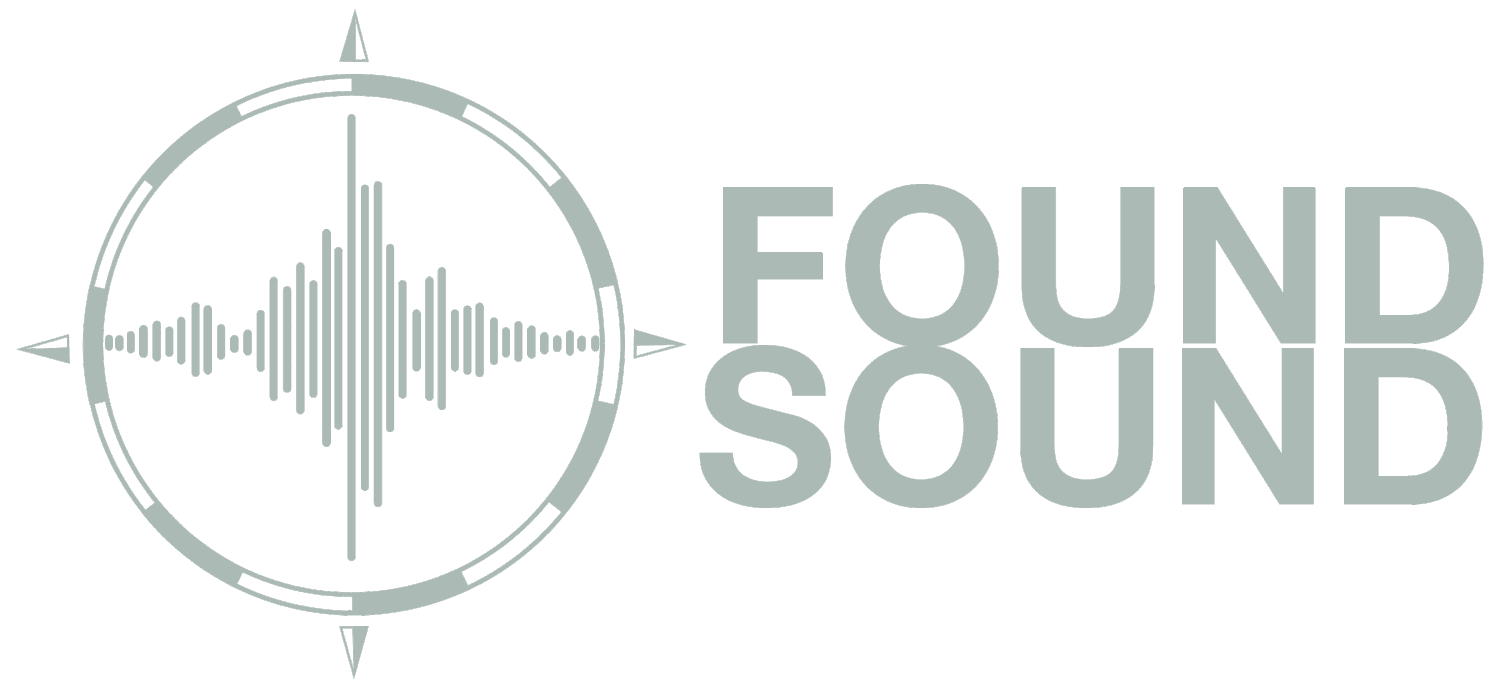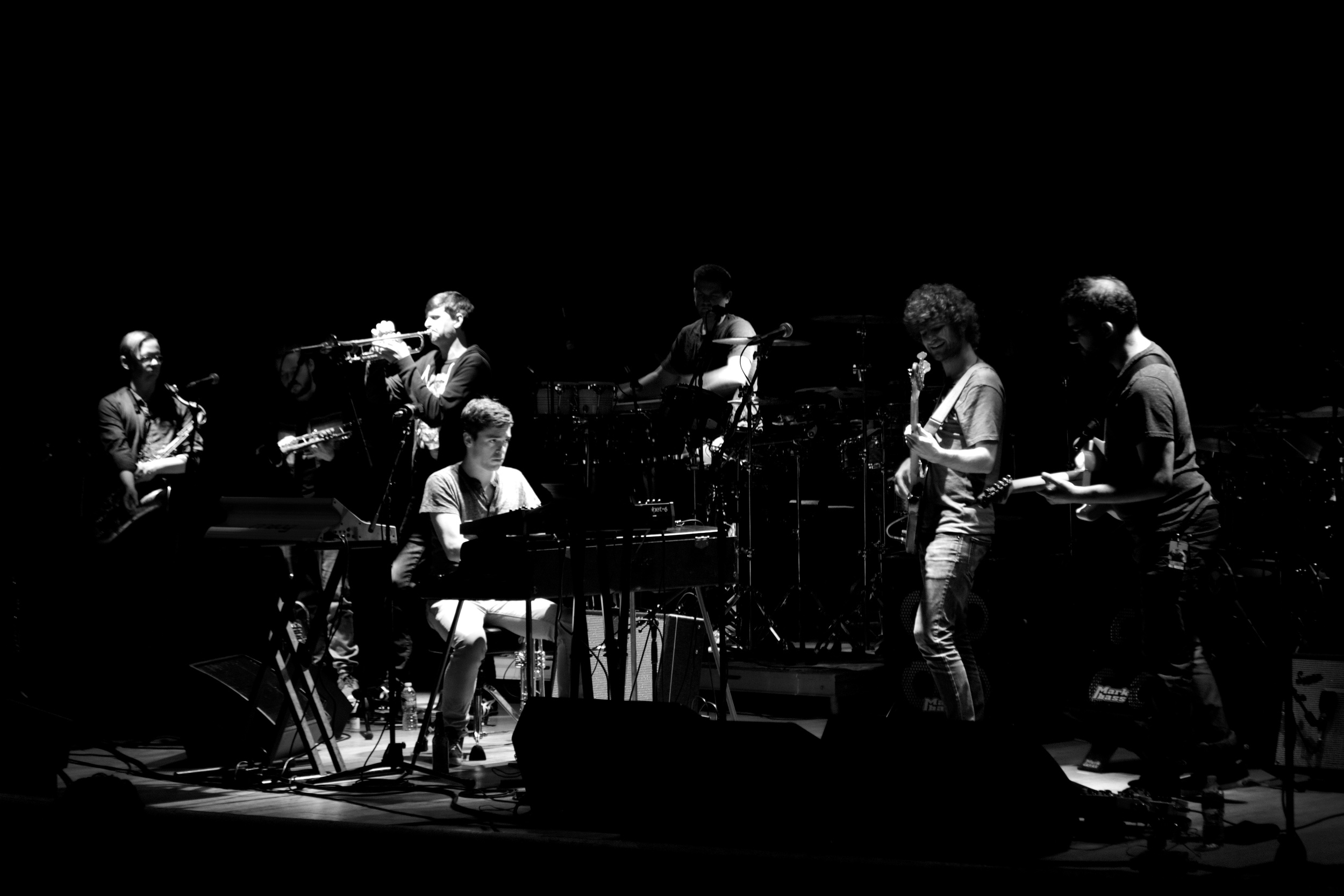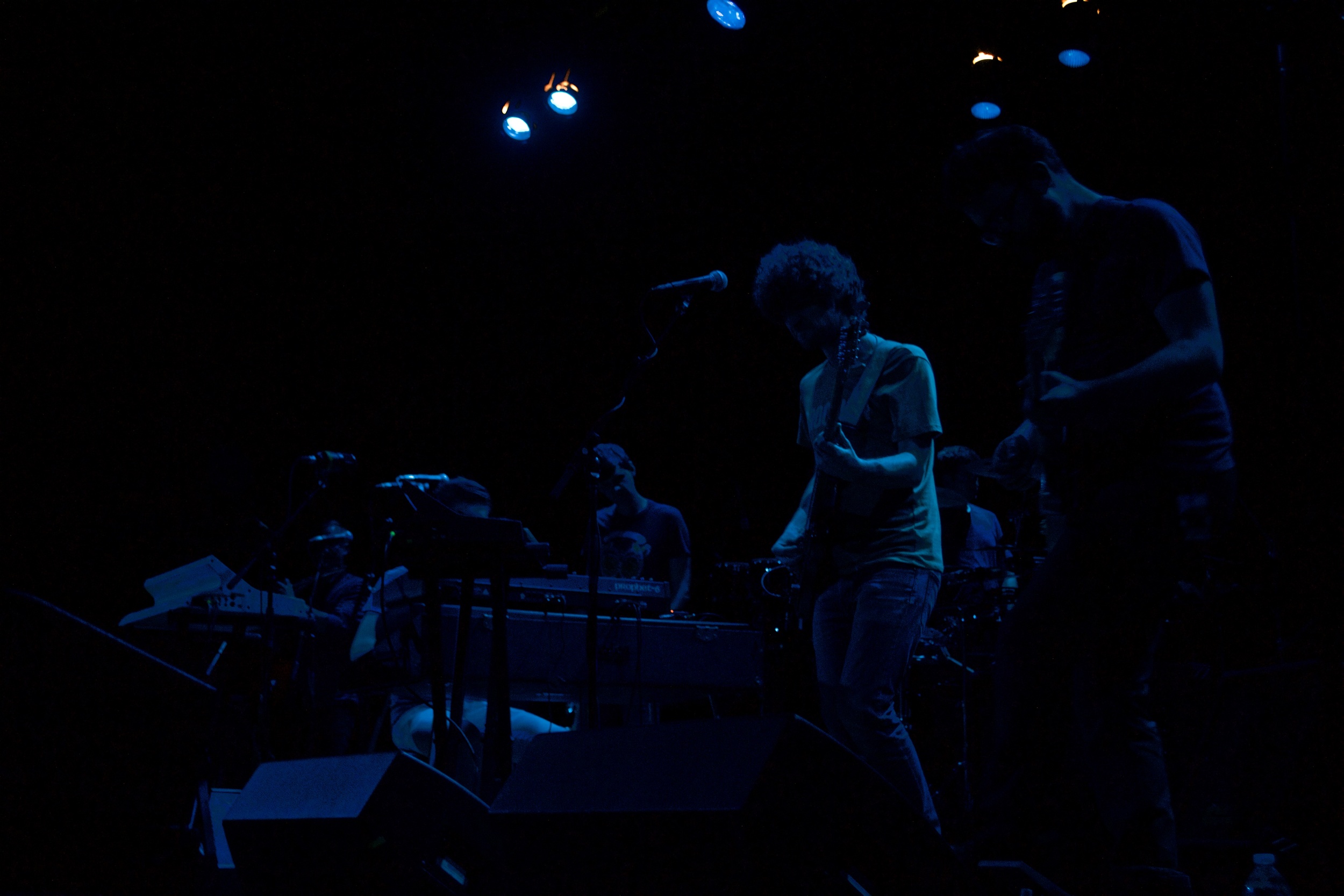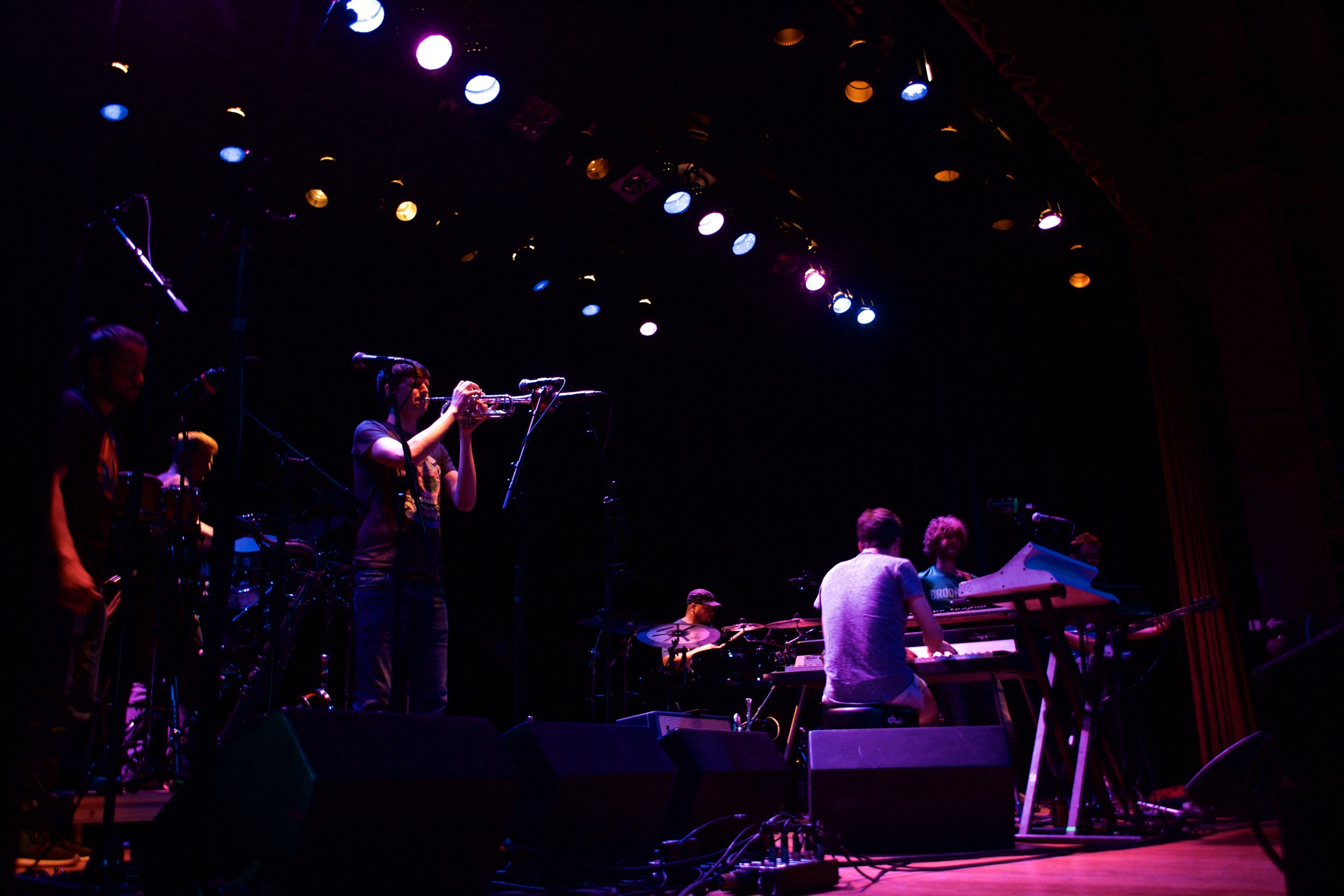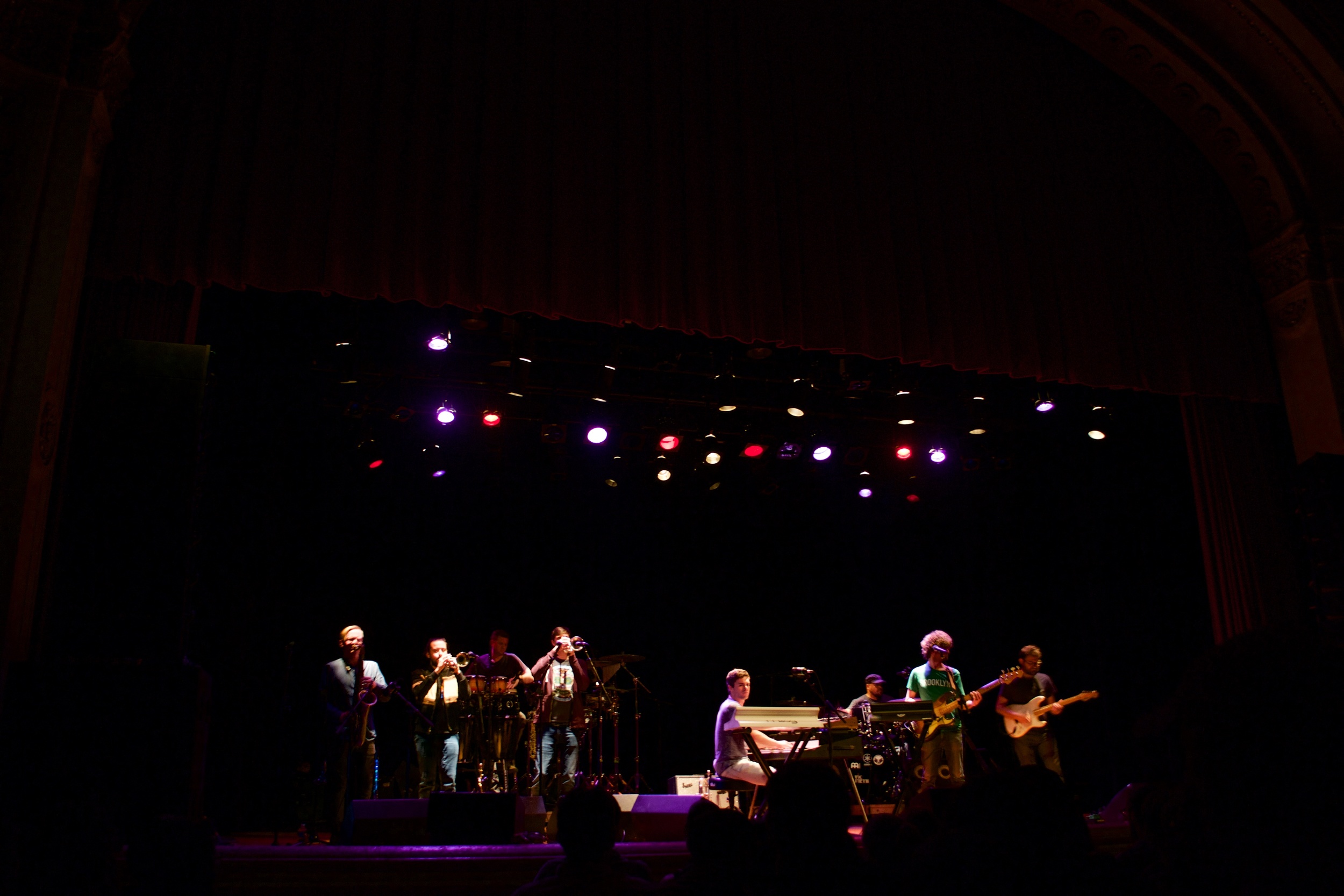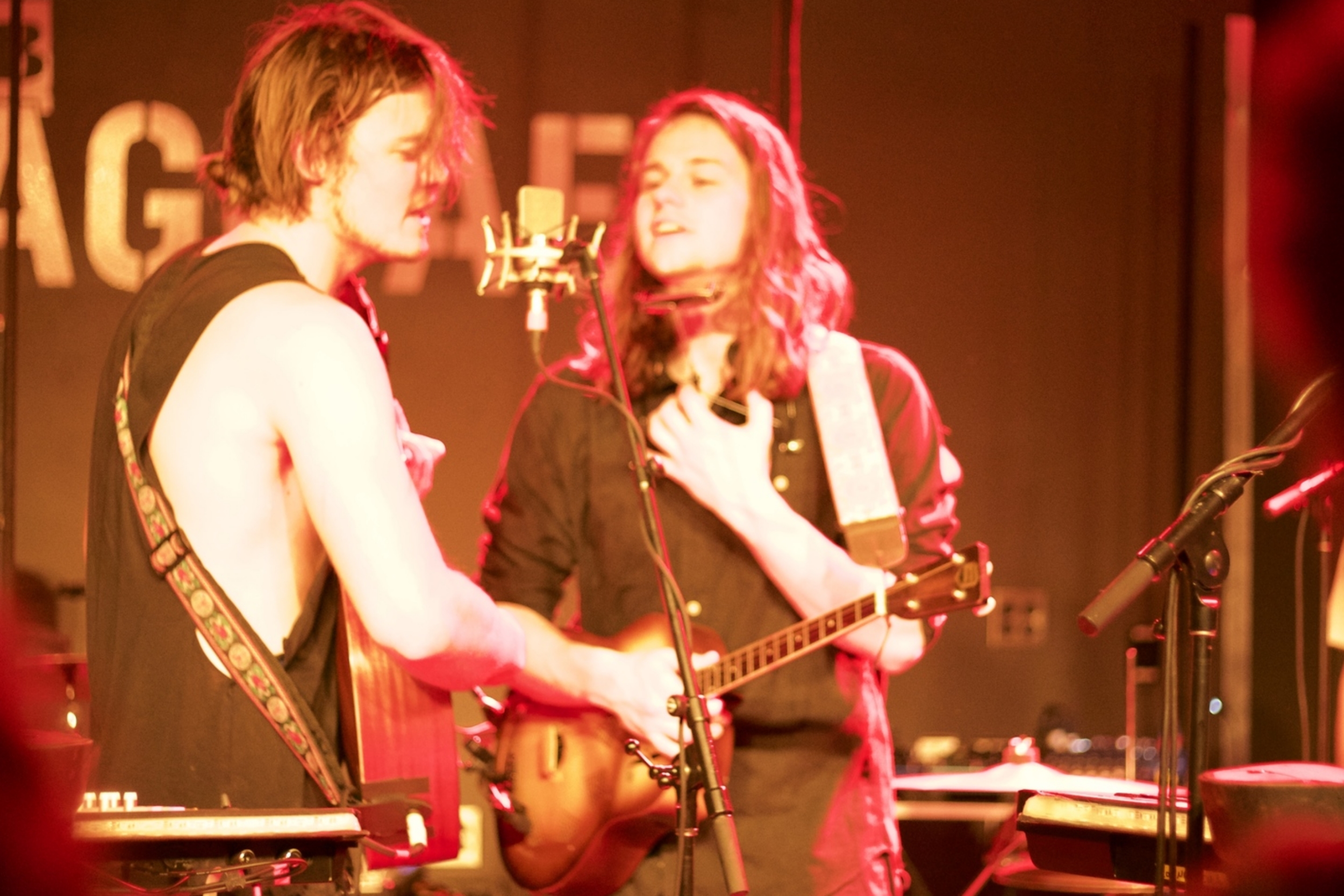Ziggy Sawdust is a force to be reckoned with. The man behind "Ziggy Sawdust Productions", and most recently "Project Progress", Ziggy is known for his unique shows and active work within the Pittsburgh Music and Art Scene. FoundSound Music sat down with Ziggy to talk about his work, his music, and Pittsburgh Music Scene.
1. How did you get involved with the Pittsburgh Music Scene?
I actually came into the Pittsburgh Music Scene by way of the Pittsburgh Art Scene. Back in 2012, I was living in Bedford, Oregon and decided I wasn't really happy there anymore and wanted to move back to Pittsburgh. Initially, I was just thinking of moving back to Pittsburgh and then decided to come back to visit. Whenever I living out on the West Coast, I would come back and go to this place called The Shadow Lounge in East Liberty. It was after going to see live music shows at The Shadow Lounge that the seed was planted in my mind that there was a lot more going on in Pittsburgh then when I had left around 2007. So when I decided to come visit Pittsburgh last time, I decided to take a train all the way back to Pittsburgh. That visit ended up with me staying.
After moving back, I decided to pursue my visual work, which was woodcarving. I started managing a gallery, and from there I began to work with other visual artists, and soon the general field of artists within Pittsburgh. I began to meet a lot more musicians, and began organizing shows. I never stopped and made this decisive choice about organizing shows- it was really just a progression culminating from all my different experiences.
Most importantly, I really try to run shows and do my work with integrity. It's something I found to be lacking in some parts of the Pittsburgh Music Scene, especially with other promoters. There are a lot of good promoters, but there are a few bad ones that can be really damaging to the overall scene.
2. You talked about the ethics of the scene. Do you think ethics and the music scene are connected? Should they be?
There should be some kind of ethical standard with organizing music. For example, if a show is not successful for me, with bands on a bill that I put together, and I take on that responsibility as a promoter, I'm not going to say "sorry guys, I tied your band to my name, but I can't compensate you." I could never do that. If someone is taking on the role of putting together a show, they are getting their name out there by having those bands on that show. So they should always do good by those bands. It's different if you went up to those bands before the show and told them they weren't going to be paid. At least then you're being upfront and everyone's expectations are the same. But no one should be invited to something where it's going to be a negative, losing enterprise for them.
On the other end of the spectrum, I do think it's important that bands put in the time to promote themselves. Especially nowadays, no one will be able to sell your product better than yourself. That's why I always ask the bands that I work with to put in their end of the work as well.
Another place where it's very important ethics are taken into account is with traveling bands that come through Pittsburgh. If a low-level national act comes through Pittsburgh and is treated poorly, the likelihood of them wanting to return becomes less likely. So let's say a band plays "X" venue, don't get treated well, and have a negative experience- they don't want to come back. This ultimately hurts the Pittsburgh scene, and really reflects on the Pittsburgh scene poorly as a whole. It's something that I take really seriously.
3. You started Project Progress, which combines entertainment and social activism. Can you elaborate on that whole project?
Honestly, it was something where I knew I wanted to start a fundraiser for John Fetterman, who I'm a big fan of with his track record in Braddock. I needed a name for the event, and decided on Project Progress. After meditating a bit more on what that meant, I decided to use it as a way to name my events that are meant to promote shows with progressive values. I've done other events in the past that have worked toward a very specific progressive cause. With the name Project Progress, it's a way to brand those kind of events and put them under one common name in order to create recognition for them.
4. How did you come up with the name Ziggy Sawdust?
Ziggy Sawdust was born from an obvious pun on Bowie's Ziggy Stardust. I worked in wood-sculpting, and I went with that as my artist pseudonym. I decided to stick with it in a much more literal way, because I found that the more one removed the ego of self from the equation when working with others, the more it allowed one to focus more on keeping with their ethical standard. It really ensures you don't lose the purpose or the goal of working with people in the process, and personally helps me stay true to my values when working within all my different projects.
5. How do you discover new Pittsburgh music?
Oh, in a bunch of ways. A lot of times people find me. People are always saying, "Hey you should hear this." That's honestly how I find about 60% of my music. A lot of times, I'll put the word out for different causes and the artists find me. Initially, I used to seek out a lot of new things, but nowadays the music really just gets to me.
6. Are there any venues you like to work with specifically?
There are some venues that I really do enjoy working with. Spirit and James St. Gastropub are two of my favorite because of the people who work there, and the quality of the sound. I've never had anyone, guest or performer, who've had bad experiences there. They also are very flexible with their accommodations in terms of capacity, and I can really accommodate any type of show that I want to put on. I'm not saying that there aren't any other venues that can't provide that as well, but those two specifically are great.
Also, I would throw the Rex and The Thunderbird Cafe in there as well. I'm a big supporter of everything Grey Area does, because they have a high standard of they treat the artists they work with, so I just wanted to let people know about that.
7. What advice would you give up-and-coming artists from a promoter's standpoint?
Be mindful of the people around you. That's the kind of thing that's really got me far as an artist and a promoter. One of the main lessons I've learned was how to promote the art of others from opportunities without getting any benefit myself.
For instance, if someone wanted to commission a piece from me, I didn't just do it because I could. If there was an another artist that I thought could better execute the vision of the work, I would just recommend them instead. It's not like I would try to hold that connection hostage and try to get something from the other artist- for me, it was just a way to provide the best experience overall.
That definitely works within music as well. Paying it forward, recommending other bands, and helping them be successful is how you build a strong fabric for the Scene. Sharing a resource is much better than being divisive and holding connections hostile from other people. It's not good business. It's more about working with a benevolent mindset than one that is cut-throat and competitive.
8. What do you think is the biggest challenge facing the Pittsburgh Music Scene?
Getting to other markets, and getting meaningful shows in other markets. One of the ways I'm addressing this now is with the Layer Cake Festival. What I'm hoping to do is really expand the Layer Cake Festival to other markets, like Brooklyn, Philly, etc. Depending on the scale of this expansion, what I would really love to do is get 20-30 Pittsburgh acts on board, pay them, and then fill the rest of the lineup with local acts from the respective cities.
That way, there's attendance because of name recognition from all those local acts, and it also gets a lot of attention back to Pittsburgh. From there, we could get those local acts to play shows in Pittsburgh, and make it a way of pooling everyone's resources together. That way we can circumvent the traditional ways of getting exposure, and instead build networks more organically without using hostile power-structures.
9. What do you think makes the Pittsburgh Music Scene unique?
I think the camaraderie is really what distinguishes us. People are always welcoming, and are a lot less pretentious than in other scenes. There's very little egoistical behavior, and people aren't in a competition. I really think that if people work in a cut-throat manner, they'll be self-eliminated, because no one would really want to work with them. They may do well for a while, but their reputation will go to shit and they will factor themselves out.
10. Where do you see the Pittsburgh Music Scene heading in the future?
I think in the next few years you're going to see a lot more Pittsburgh acts getting national recognition. You've seen it in the hip-hop scene a bit with acts like Mac Miller and Wiz Khalifa, but you're starting to even see other acts branching out. There are a lot of things where all the connections are being made, and things are starting to happen, so it's really growing. In terms of what I'm all about, I see it is my responsibility to help get local acts out there and really promote their work.
If you want to learn more about Ziggy Sawdust and his work, check out:
https://www.facebook.com/ziggysawdustproductions/?fref=ts
https://www.facebook.com/projectprogresspgh/?fref=ts
